Emotional neglect isn’t outright cruelty, but it certainly feels that way at times.

For kids who experienced it, it often came from what wasn’t said, or what was said without much thought. The phrases these children grow up hearing might not seem harsh on the surface, but as time goes on, they send a message: your feelings aren’t valid, your needs are inconvenient, and your emotional world doesn’t matter. If any of these sound familiar, they might have shaped more of your inner life than you realised.
1. “You’re fine. Stop crying.”
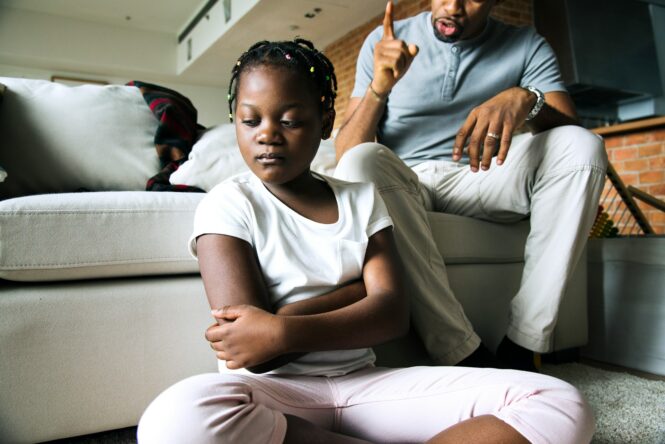
It’s often said quickly, sometimes even with good intentions. But to a child, it doesn’t feel comforting; it feels like dismissal. Instead of being allowed to feel upset, they’re being told to shut it down before anyone gets uncomfortable. When this is said regularly, kids start believing that their emotions are a problem to fix, not something to understand. They grow into adults who second-guess their reactions or feel embarrassed any time they get visibly upset.
2. “There’s nothing to be scared of.”
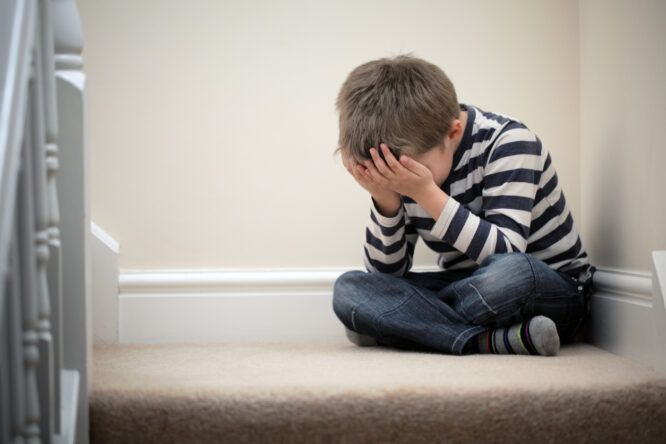
This might seem reassuring, but it skips over what the child is actually feeling. It tells them their fear is irrational, or worse, annoying. Instead of helping them process it, they’re made to feel silly for even bringing it up. Eventually, kids learn to stop naming their fears—not because they feel safe, but because they know no one’s listening. They might become the type of adult who hides anxiety behind a smile or never reaches out when they’re panicking inside.
3. “You’ve got nothing to be upset about.”
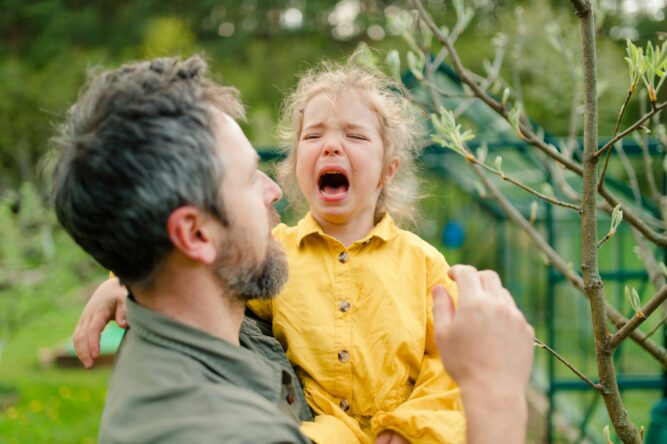
It sounds logical from an adult perspective, especially when compared to “bigger problems.” But when you’re small, even small things feel huge, and being told your feelings aren’t valid only adds shame to the mix. Kids on the receiving end of this often become emotionally guarded. They assume people will think they’re overreacting, so they learn to bottle everything up and downplay their pain, even when it’s real.
4. “You’re so dramatic.”
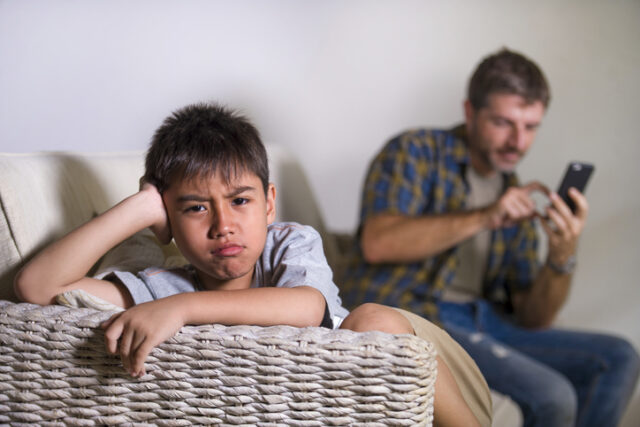
This is one of those phrases that stings in the moment and sticks around for years. It turns natural emotional responses into something embarrassing, exaggerated, or ridiculous. It teaches kids to apologise for expressing anything at all. When someone hears this regularly growing up, they often struggle to trust their emotional instincts as adults. They might laugh off serious feelings or feel the need to justify every reaction before they let it show.
5. “Other kids have it worse.”

This might be true, but it’s not helpful. It turns emotional pain into a competition and tells the child they should feel guilty for being upset. It doesn’t bring comfort, just confusion and silence. Kids who grow up hearing this a lot often learn to downplay their experiences. They’re the ones who say “it wasn’t that bad” or “I shouldn’t complain” even when something genuinely hurt them.
6. “Don’t make a scene.”

Usually said in public, often with a sharp tone, this phrase is more about adult embarrassment than child wellbeing. It tells the child their feelings are inconvenient, and should be hidden at all costs. The result? Adults who feel ashamed any time they have a visible emotional reaction. They struggle to cry in front of other people or admit when something’s wrong because they’ve been trained to believe vulnerability is disruptive.
7. “You’re being silly.”
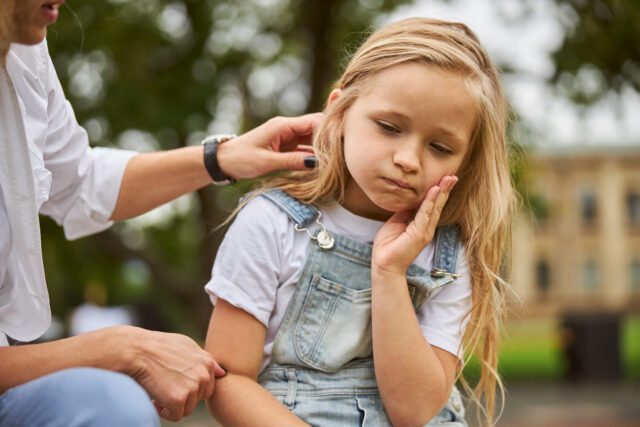
This one usually comes out when a child is scared, confused, or trying to make sense of something. But instead of getting help, they get laughed off. The moment they need reassurance, they’re made to feel ridiculous. That sort of response destroys emotional confidence. These kids often grow into adults who keep their deeper thoughts to themselves, worried they’ll be mocked or misunderstood if they speak up.
8. “That’s enough.”

Sometimes this is about tone—sharp, final, meant to shut the conversation down. It often comes when a child is expressing a strong emotion, and the adult doesn’t want to deal with it. It sends a clear message: your feelings are too much. In the long run, this trains kids to feel like they’re a burden when they’re emotional. They learn to edit themselves before speaking, and they grow into adults who apologise for needing comfort or clarity.
9. “Stop being so sensitive.”
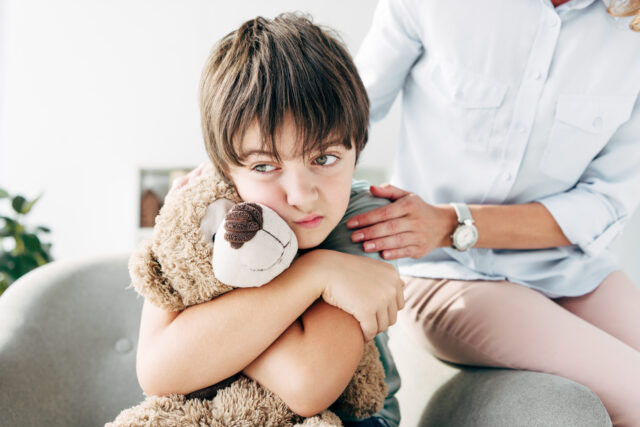
This is one of the most common ways emotional neglect gets brushed off. Instead of making space for a child’s experience, it turns their feelings into a flaw. It tells them there’s something wrong with how they’re wired. As adults, they might struggle to trust their gut or fear being “too much” in relationships. They often second-guess their reactions and feel deeply ashamed anytime they take something personally, even when it’s completely valid.
10. “Why are you crying now?”
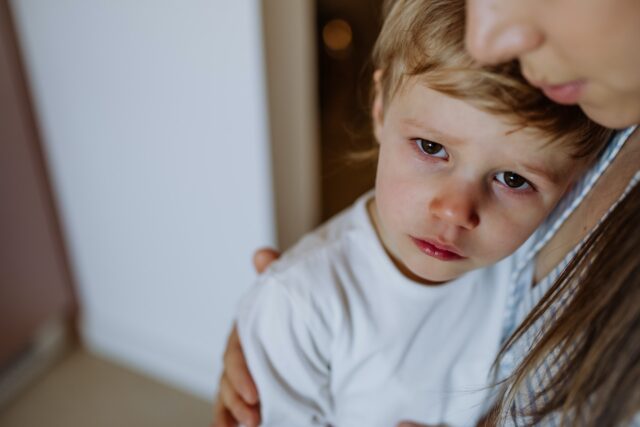 Source: Unsplash
Source: Unsplash This isn’t a question meant to understand; it’s one meant to shut things down. It implies that the tears are unjustified or inconvenient, as if there’s something wrong with being visibly emotional at all. When kids hear this repeatedly, they often grow into people who feel embarrassed by their own sadness. They might even apologise for crying, even when they’re clearly overwhelmed or hurting.
11. “Go to your room until you can calm down.”
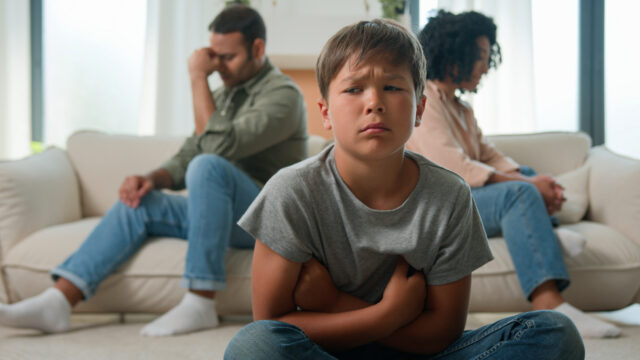
Sometimes space helps. But when it’s used as punishment for having big feelings, it teaches kids that their emotions make them unworthy of connection. They get isolated right when they need support most. This can create a deep association between vulnerability and abandonment. As adults, they might hide emotional distress or retreat into silence because they learned that expressing pain leads to distance, not comfort.
12. “You’re just trying to get attention.”

Even if a child is acting out, there’s always a reason underneath it. Saying this reduces everything they’re feeling to manipulation. It labels their pain as something selfish, instead of something that needs understanding. Adults who heard this growing up often have a complicated relationship with their own needs. They worry that asking for help makes them annoying or needy, so they try to handle everything alone, even when they’re breaking down inside.
13. “You always overreact.”

This might sound like feedback, but it’s really just dismissal in disguise. It tells the child that their emotions are wrong, not just once, but as a pattern. It becomes a label they carry long after childhood. In adulthood, this often shows up as people constantly checking if they’re “being too much” or feeling like they need to shrink themselves to keep the peace. It’s not overreacting; it’s reacting in a space that didn’t feel safe.
14. “You’re acting like a baby.”

This one is usually dropped when a child is overwhelmed, scared, or sad, often at an age when they still are quite young. But instead of being met with patience, they get mockery and shame. Eventually, this can make a child terrified of seeming weak. As adults, they might be fiercely independent, uncomfortable with asking for care, or overly harsh on themselves any time they need rest or support.
15. “What now?”
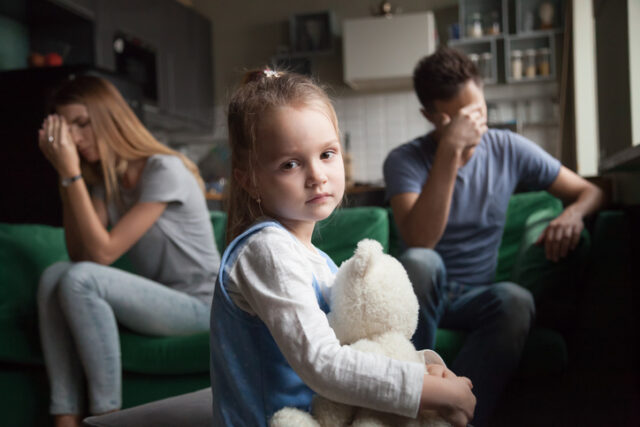
It might sound harmless, but the tone behind this says everything. It implies the child is a nuisance. That their needs are constant, exhausting, and not worth the attention they require. This one can live in someone for decades. As adults, they might hesitate to bring up even small concerns, terrified of being seen as “too much” or irritating. It leaves a mark that’s subtle but incredibly deep.
16. “Grow up.”

This one hurts the most when it’s said to a child who’s already trying so hard to cope. It pushes them to suppress emotions they haven’t even learned how to handle yet. It expects maturity without offering support. Many emotionally neglected kids do “grow up” fast. However, they grow up without emotional guidance, and often carry a kind of quiet exhaustion into adulthood. They were taught to be strong before they ever felt safe.




